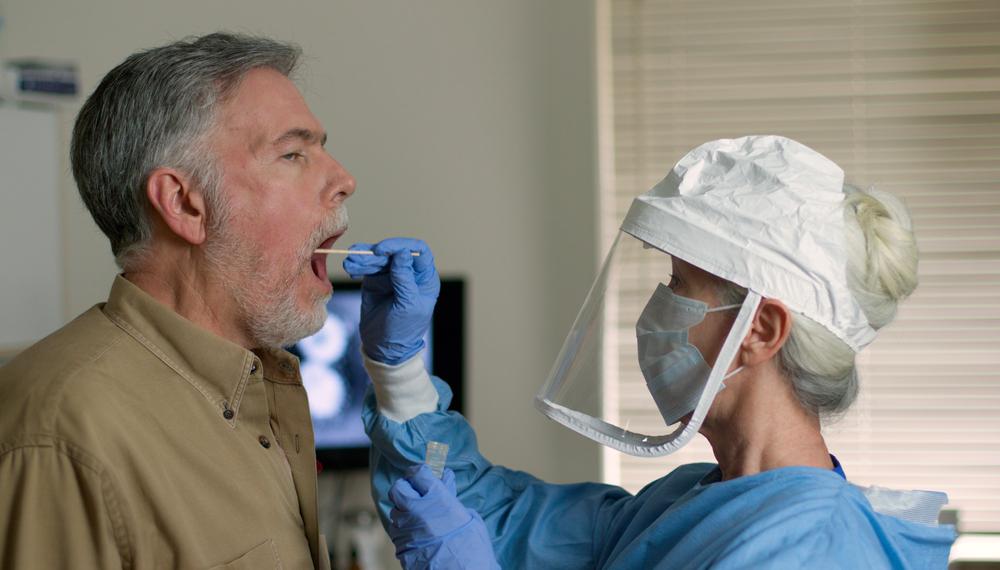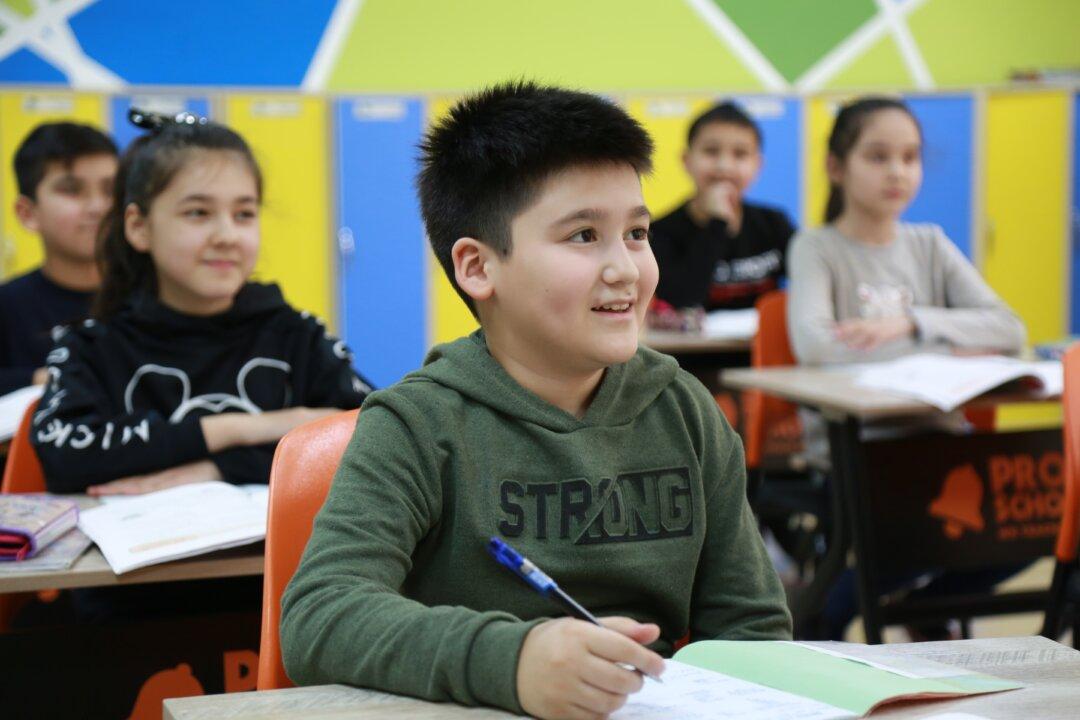Making difficult decisions in the face of uncertainty is a common feature of all crises. The pandemic was no exception but, sadly, much of the decision-making was conducted under a misapprehension (and, occasionally, wilful distortion) of the uncertainties involved.
The biggest uncertainty was the extent to which non-pharmaceutical interventions would curb the spread of infection. Instead, it was presented as fact that lockdowns and mask mandates would help achieve this; we now know that to be very much a matter of debate (to put it kindly) and yet faith in these measures persists, to the extent that those who dare to question their efficacy are treated as heretics.



